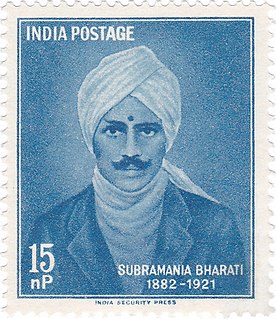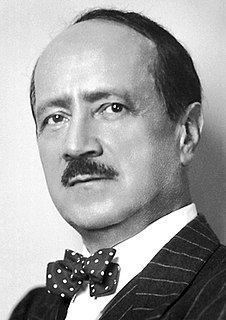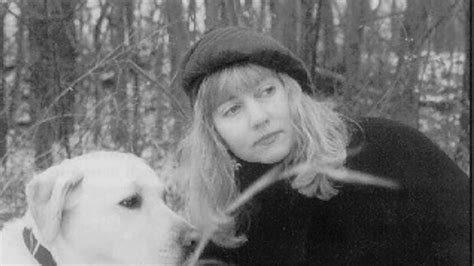A Quote by Plato
If anyone comes to the gates of poetry and expects to become an adequate poet by acquiring expert knowledge of the subject without the Muses' madness, he will fail, and his self-controlled verses will be eclipsed by the poetry of men who have been driven out of their minds.
Related Quotes
There is also a third kind of madness, which is possession by the Muses, enters into a delicate and virgin soul, and there inspiring frenzy, awakens lyric... But he, who, not being inspired and having no touch of madness in his soul, comes to the door and thinks he will get into the temple by the help of art - he, I say, and his poetry are not admitted; the sane man is nowhere at all when he enters into rivalry with the madman.
Sometimes he would advise me to read poetry, and would send me in his letters quantities of verses and whole poems, which he wrote from memory. 'Read poetry,' he wrote: 'poetry makes men better.' How often, in my later life, I realized the truth of this remark of his! Read poetry: it makes men better.
Art and poetry cannot do without one another. Yet the two words are far from being synonymous. By Art I mean the creative or producing, work-making activity of the human mind. By Poetry I mean, not the particular art which consists in writing verses, but a process both more general and more primary: that intercommunication between the inner being of things and the inner being of the human Self which is a kind of divination (as was realized in ancient times; the Latin vates was both a poet and a diviner). Poetry, in this sense, is the secret life of each and all of the arts.
Loneliness is necessary for pure poetry. When someone intrudes into the poet's life (and any sudden personal contact, whether in the bed or in the heart, is an intrusion) the poet loses his or her balance for a moment, slips into being what he or she is, uses his or her poetry as one would use money or sympathy. The person who writes the poetry emerges, tentatively, like a hermit crab from a conch shell. The poet, for that instant, ceases to be a dead person.
A lot of people think they can write poetry, and many do, because they can figure out how to line up the words or make certain sounds rhyme or just imitate the other poets they've read. But this boy, he's the real poet, because when he tries to put on paper what he's seen with his heart, he will believe deep down that there are no good words for it, no words can do it, and at that moment he will have begun to write poetry.








































